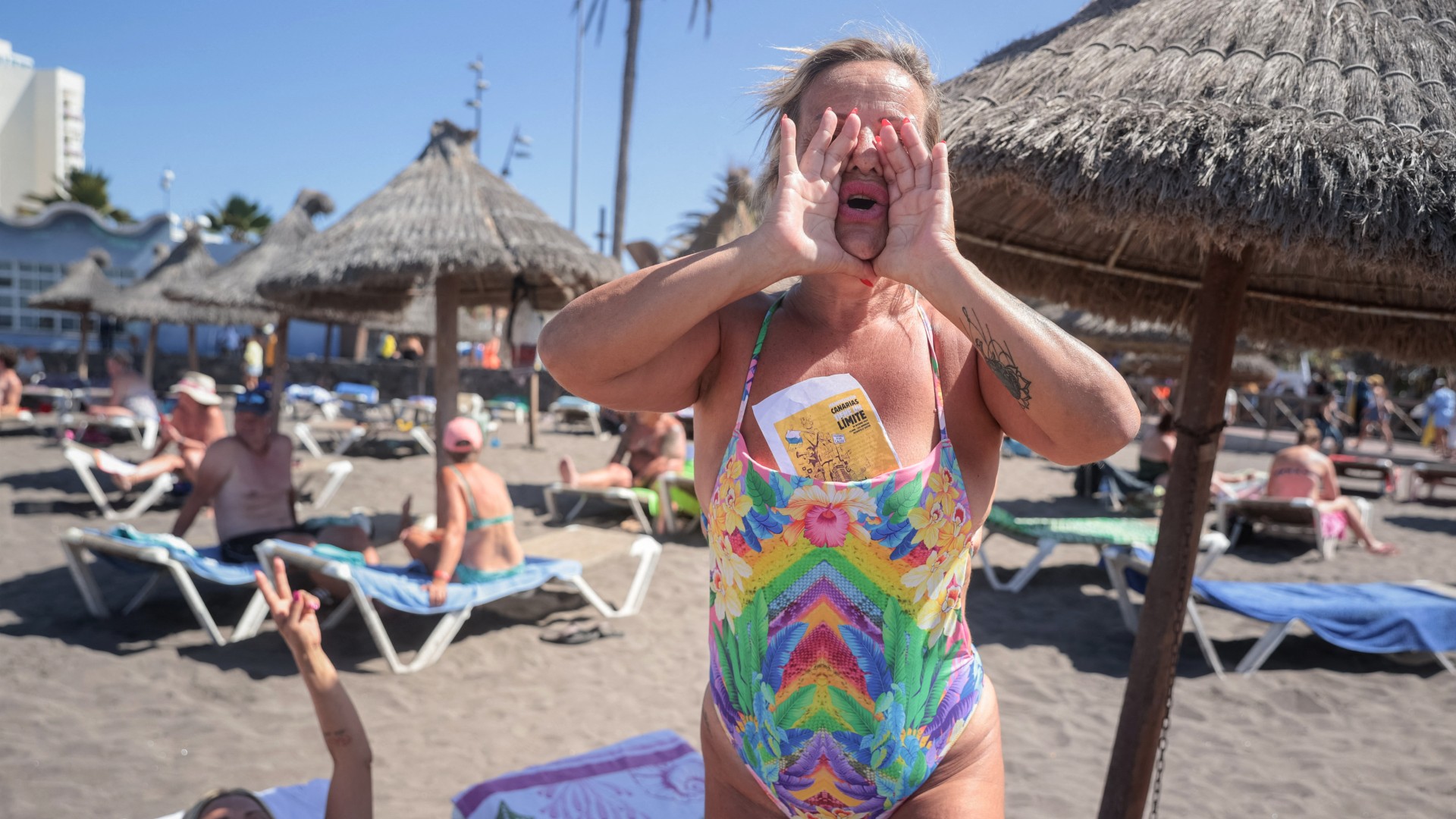Spanish push Cuba to settle old debts
Claims for assets seized during Castro's Communist takeover could reach $20bn, says lawyer

A free daily email with the biggest news stories of the day – and the best features from TheWeek.com
You are now subscribed
Your newsletter sign-up was successful
Spaniards whose property and belongings were seized when they fled from revolutionary Cuba are seeking restitution as the country restores diplomatic relations with the US.
"Change is underway in Cuba," says Jordi Cabarrocas, director of an investment fund that represents some of the Spaniards whose property was seized. He told the New York Times that the improving atmosphere is "very good news" for his clients' cases.
Cabarrocas says that various assets seized from his company's clients, including farms, factories and warehouses, would be worth about $1.8bn now, and that Spanish claims in Cuba overall would amount to about $20bn.
The Week
Escape your echo chamber. Get the facts behind the news, plus analysis from multiple perspectives.

Sign up for The Week's Free Newsletters
From our morning news briefing to a weekly Good News Newsletter, get the best of The Week delivered directly to your inbox.
From our morning news briefing to a weekly Good News Newsletter, get the best of The Week delivered directly to your inbox.
Next week, as part of Barack Obama's "new course on Cuba", the US and Cuba are expected to restore full diplomatic relations with each other. They will also re-open embassies in each other's capitals.
Although there is no direct link between the US negotiations and the Spanish dispute, lawyers acting for the claimants believe that Cuba is now more receptive to international pressure.
However, a significant obstacle exists. Spain and Cuba signed an agreement in 1986 in which Cuba agreed to pay about $40m in compensation for seized assets over a 15-year period. The fee was settled partly in cash and partly in goods, including tobacco.
Whether that agreement constitutes a final settlement on the matter is a grey area, legally. Acknowledging the issue, Cabarrocas adds: "There will be more twists and turns, but what's important is that Spaniards don't miss out on the changes in Cuba."
A free daily email with the biggest news stories of the day – and the best features from TheWeek.com
American citizens also lost significant assets in Cuba. According to a 2007 study by Creighton University, there are certified claims worth around $6bn. Lawmakers are pressing the White House to look more closely at the issue.
However, Cabarrocas insists the Spanish owners' case for compensation is the most compelling. "I believe we're in a stronger position than Americans, because we're talking about Cuba expropriating people who were mostly dual citizens, both Spanish and Cuban, so fully covered by international law," he said.
Video: US tourism comes to Havana
[[{"type":"media","view_mode":"content_original","fid":"83111","attributes":{"class":"media-image"}}]]
-
 How the FCC’s ‘equal time’ rule works
How the FCC’s ‘equal time’ rule worksIn the Spotlight The law is at the heart of the Colbert-CBS conflict
-
 What is the endgame in the DHS shutdown?
What is the endgame in the DHS shutdown?Today’s Big Question Democrats want to rein in ICE’s immigration crackdown
-
 ‘Poor time management isn’t just an inconvenience’
‘Poor time management isn’t just an inconvenience’Instant Opinion Opinion, comment and editorials of the day
-
 Why Spain's economy is booming
Why Spain's economy is boomingThe Explainer Immigration, tourism and cheap energy driving best growth figures in Europe
-
 Foreigners in Spain facing a 100% tax on homes as the country battles a housing crisis
Foreigners in Spain facing a 100% tax on homes as the country battles a housing crisisUnder the Radar The goal is to provide 'more housing, better regulation and greater aid,' said Spain's prime minister
-
 Barcelona's Airbnb ban: a sign of things to come?
Barcelona's Airbnb ban: a sign of things to come?Talking Point Crackdown on short-term lets to combat unaffordable housing echoes similar moves elsewhere, but anti-tourism protests could prove self-defeating
-
 Labour shortages: the ‘most urgent problem’ facing the UK economy right now
Labour shortages: the ‘most urgent problem’ facing the UK economy right nowSpeed Read Britain is currently in the grip of an ‘employment crisis’
-
 Will the energy war hurt Europe more than Russia?
Will the energy war hurt Europe more than Russia?Speed Read European Commission proposes a total ban on Russian oil
-
 Will Elon Musk manage to take over Twitter?
Will Elon Musk manage to take over Twitter?Speed Read The world’s richest man has launched a hostile takeover bid worth $43bn
-
 Shoppers urged not to buy into dodgy Black Friday deals
Shoppers urged not to buy into dodgy Black Friday dealsSpeed Read Consumer watchdog says better prices can be had on most of the so-called bargain offers
-
 Ryanair: readying for departure from London
Ryanair: readying for departure from LondonSpeed Read Plans to delist Ryanair from the London Stock Exchange could spell ‘another blow’ to the ‘dwindling’ London market